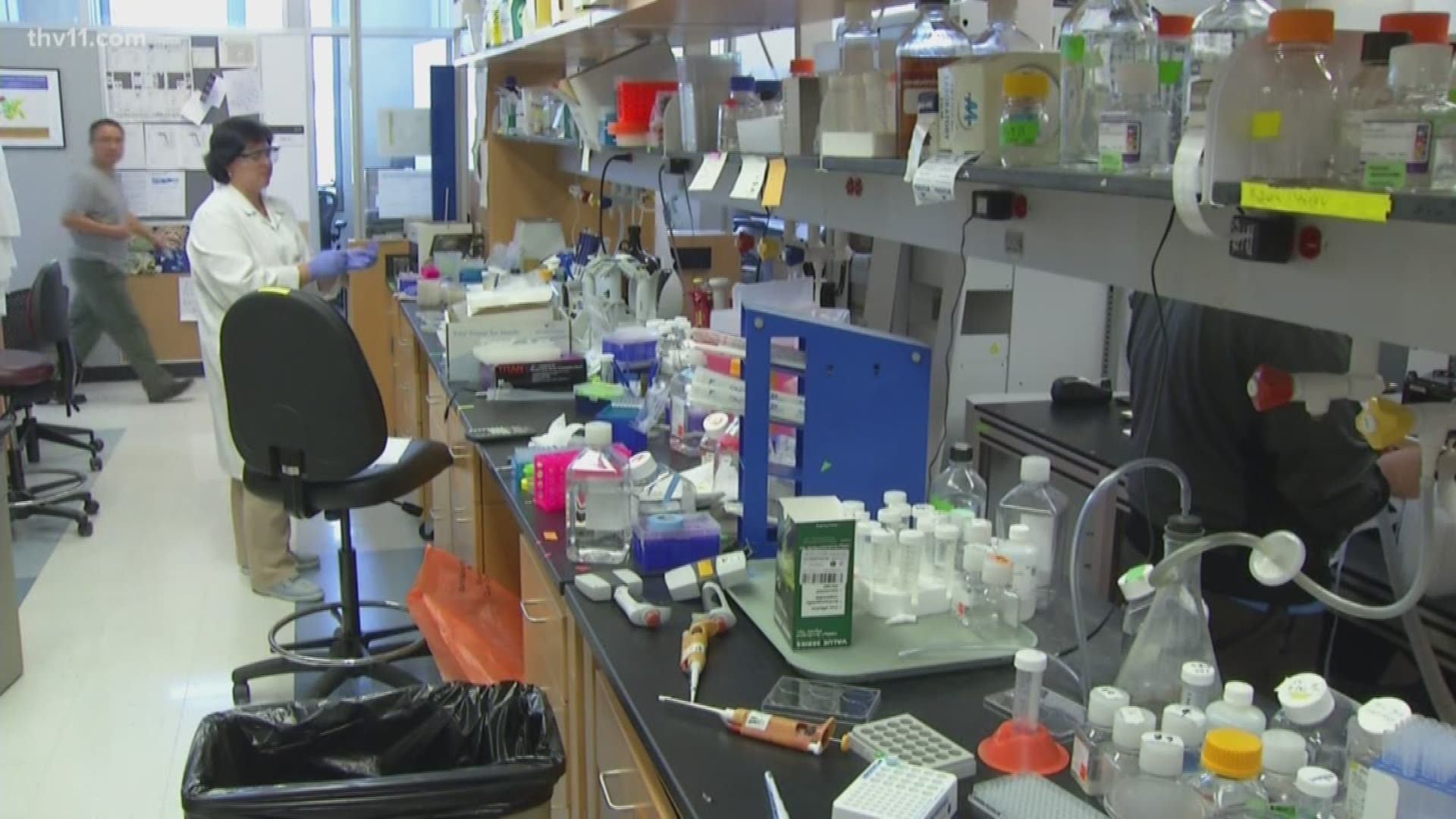LITTLE ROCK, Ark — Arkansas has one of the highest opioid prescription problems in the country.
According to the Center for Disease Control, providers wrote more than 100 prescriptions for every 100 people. That's nearly double the national average.
Arkansas law enforcement, prosecutors, and the state pharmacy board are noticing the number of overdose deaths in the state, and are re-thinking how to investigate these instances to catch the criminals and get justice for families.
"The majority of cases done on overdose now are not being pursued whatsoever a lot of the times because we don't have the skills to," said Arkansas State Drug Director Kirk Lane.
He's teamed up with several other state agencies to create new training to better prepare investigators.
The training is called Advanced Overdose Investigation, a five-day course. The course has representatives from Arkansas and other states on how each agency handles overdose investigations.
"It's basically to teach and enhance the skills of law enforcement investigators whether it be federal, state, or local law enforcement to investigate past an overdose," said Lane.
This includes drug dealers.
Last month, fifteen people were arrested by state law enforcement for trafficking fentanyl capable of killing thousands. Officials said two people died from overdoses because of the now-dismantled trafficking organizations based in Little Rock.
Arkansas Pharmacy Board Director John Clay Kirtley attributes most drug abusers to first abusing prescription drugs.
The State Board of Pharmacy is learning new skills to fight opioid abuse and drug overdoses by partnering with law enforcement agencies to recognize the patterns of drug abuse.
"We have a lot of the information of where the pharmacies are and who's in them," Kirtley said.
Drug Director Kirk Lane said that in Arkansas, times have changed when tackling the opioid crisis.
"It can't be done by, 'I responded, the person died of an overdose, I turned it over,' and leave the scene," Lane said. "Those days are done."
RELATED:

